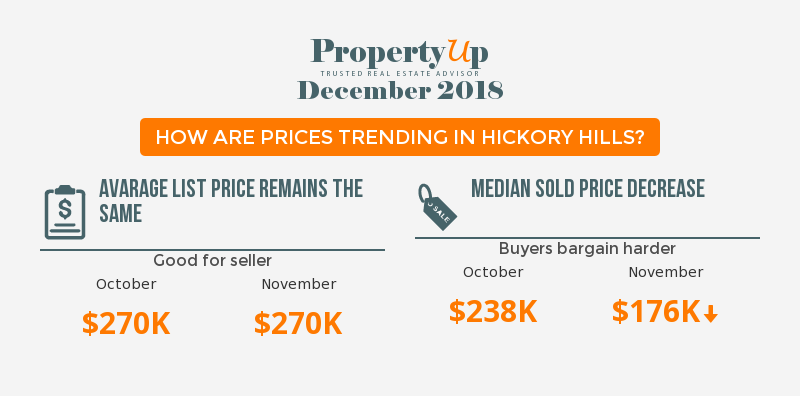1031 Exchange – Do not pay Tax when you sell your investment
The ins and outs of 1031 Exchanges
Often part of an investor’s strategy is to eventually sell one property and buy another property (or properties.) Unless steps are taken to avoid it, there will be taxable consequences when this occurs.
Using a 1031 Exchange, an investor can avoid the taxation that would normally occur with such a sale.
Simply put, the IRS has an option for investors to defer taxation when they sell a property if they turn around and immediately purchase another investment property with the proceeds from the sale, thereby “exchanging” one property for another in the eyes of the IRS.
As one would imagine, there are some rules that go with this process and hopefully this article helps you understand how to take advantage of a 1031 Exchange. One of the best things someone can do when planning a 1031 Exchange is to consult with a Realtor who is knowledgeable in the process and let them be their guide.
The 1031 Exchange is named after the IRS form Section 1031 of the Internal Revenue Code. There are two parts to this: one deals with real estate, the second deals with personal property. We will be discussing the part dealing with real estate, which can include, land, buildings or other structures.)
- Both the property being sold and the property being purchased must be held for investment or business use
The 1031 Exchange is for “like” properties…however, this is not as limiting as it may sound. As long as the intent is sincere, there could be a qualified exchange of residential for commercial, commercial for industrial, single family for multi-family, or even non-income vacant land for income producing land. The point is it must be for business or investment.
- There is a 45 day identification time limit
Starting from the day one closes on the property they have sold, they have 45 days in which to identify a replacement property (or properties, up to three). More than 3 can be identified if the total value does not exceed 200% of the fair market value of the relinquished property. This 45 day limit is calendar days, not business days. It is not negotiable and the IRS will hold you to it.
- There is a 180 day purchase time limit to close on the new property
The closing date for the property being purchased must take place within 180 days. This is concurrent with the identification period of 45 days in number 2. Again, this is calendar days, and there are no exceptions.
- You must use a Qualified Intermediary in your transaction
The IRS requires that you not touch the money from your sale between the sale and purchase of a new property. To be sure that everything remains on the up and up the use of a Qualified Intermediary (QI) is required. This person monitors the money, is responsible for identification documents and the closing of the transaction. They will prepare paperwork, facilitate the closing, and hold the funds. It has to be an independent third party and cannot be your CPA, Realtor, relative, attorney, employee, business associate or other such party. It has to be someone completely independent who is a professional in the field of 1031 Exchanges. Furthermore they should be bonded and have credentials showing they are a qualified QI. Laws in regard to 1031 Exchanges can be interepreted different ways by a lay person, so an expert is necessary to help. Also, rules and laws can change frequently and a QI will be up on the latest information.
- Titles must match
The person who owned the property being sold is the same name which must go on the property being purchased. This rule can cause some wrinkles for those who wish to do estabe planning, so consulting with an estate attorney is a good idea.
- Reinvestment of the sales proceeds
In order for the 1031 Exchange to be valid a person must purchase a property of equal or greater value and reinvest all of the cash proceeds from the sale. One cannot invest part of the cash and mortgage the rest. The property being purchased must be at least the amount of the sales price (regardless of proceeds) and all proceeds must be invested.
- All parties to be aware
All individuals involved in the transaction should be made aware that a 1031 Exchange is taking place and have an exchange cooperation clause in the purchase agreement for both the relinquished and replacement properties.
In Summary:
Before attempting a 1031 Exchange be sure to consult with a CPA, a tax attorney, a knowledgeable Realtor, and find a Qualified Intermediary. There are companies who specialize in this and you can ask for referrals or do an internet search and find one in your area, being careful to interview, qualify and get references from whomever you choose.






















